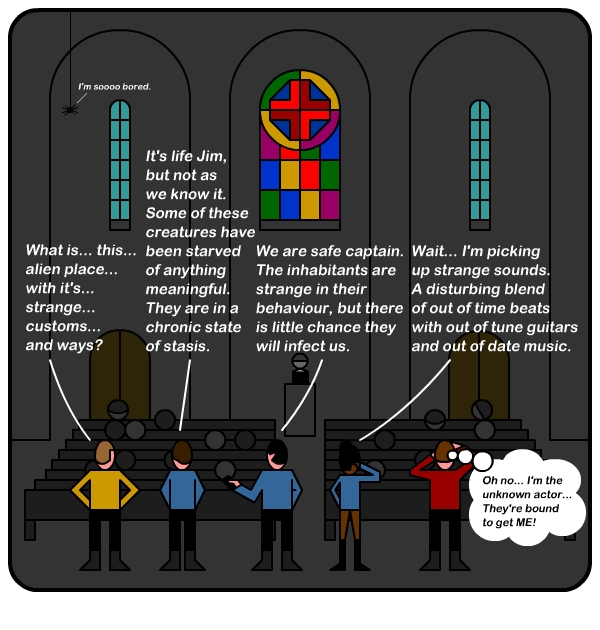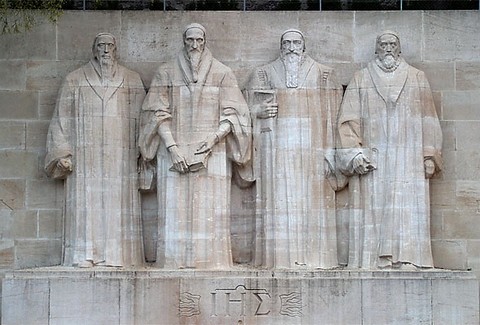I know, the elections are over. But this was too funny ...
JOE THE PLUMBER EXPLAINS ECON 101Barack Obama discovers a leak under his sink, so he calls Joe the Plumber to come and fix it. Joe drives to Obama’s house, which is located in a very nice neighborhood and where it’s clear that all the residents make more than $250,000 per year. Joe arrives and takes his tools into the house. Joe is led to the room that contains the leaky pipe under a sink. Joe assesses the problem and tells Obama, who is standing near the door, that it’s an easy repair that will take less than 10 minutes. Obama asks Joe how much it will cost.
Joe immediately says, “$9,500.”
“$9,500?” Obama asks, stunned. “But you said it’s an easy repair!”
“Yes, but what I do is charge a lot more to my clients who make more than $250,000 per year so I can fix the plumbing of everybody who makes less than that for free,” explains Joe. “It’s always been my philosophy. As a matter of fact, I lobbied government to pass this philosophy as law, and it did pass earlier this year, so now all plumbers have to do business this way. It’s known as ‘Joe’s Fair Plumbing Act of 2008.’ Surprised you haven’t heard of it, Senator.”
In spite of that, Obama tells Joe there’s no way he’s paying that much for a small plumbing repair, so Joe leaves.
Obama spends the next hour flipping through the phone book looking for another plumber, but he finds that all other plumbing businesses listed have gone out of business. Not wanting to pay Joe’s price, Obama does nothing. The leak under Obama’s sink goes unrepaired for the next several days.
A week later the leak is so bad that Obama has had to put a bucket under the sink. The bucket fills up quickly and has to be emptied every hour, and there’s a risk that the room will flood, so Obama calls Joe and pleads with him to return.
Joe goes back to Obama’s house, looks at the leaky pipe, and says “Let’s see ? this will cost you about $21,000.”
“A few days ago you told me it would cost $9,500!” Obama quickly fires back.
Joe explains the reason for the dramatic increase. “Well, because of the ‘Joe’s Fair Plumbing Act,’ a lot of rich people are learning how to fix their own plumbing, so there are fewer of you paying for all the free plumbing I’m doing for the people who make less than $250,000. As a result, the rate I have to charge my wealthy paying customers rises every day.
“Not only that, but for some reason the demand for plumbing work from the group of people who get it for free has skyrocketed, and there’s a long waiting list of those who need repairs. This has put a lot of my fellow plumbers out of business, and they’re not being replaced. Nobody is going into the plumbing business because they know they won’t make any money. I’m hurting now too, all thanks to greedy rich people like you who won’t pay their fair share.”
Obama tries to straighten out the plumber: “Of course you’re hurting, Joe! Don’t you get it? If all the rich people learn how to fix their own plumbing and you refuse to charge the poorer people for your services, you’ll be broke, and then what will you do?”
Joe immediately replies, “Run for president, apparently.”
Technorati Tags: humor, politics










